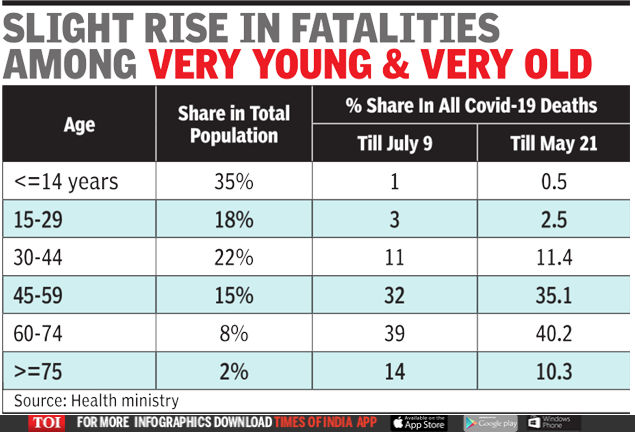haxxiy said:
A study from Canada showed a single AZ dose was 82% effective in preventing hospitalization and death among the elderly against the Gamma variant, while a Brazilian study with the first dose of the same vaccine showed a 55 - 61% efficacy against hospitalization and death among the elderly for the same variant. So, which one is it?
The hidden factor likely at play here: control groups of the unvaccinated are increasingly seropositive. Even if you screen everyone who had a positive test, that still leaves 50 - 95% of people who actually had Covid as a part of your control group depending on the country. And since both vaccine and convalescence offer high levels of protection, that will lead to a downward bias in VE estimates.
Recent data shows the convalescent were 84% protected in SA during the Beta variant wave, and in the UK the chance of reinfection for Delta compared to Alpha is just 1.5x higher (so, 85 - 92% instead of 90% - 95%). |
New data from Israel and the United Kingdom painted a confusing and contradictory picture on Thursday as to the effectiveness of Pfizer’s COVID-19 vaccine in fighting off the Delta variant of the coronavirus.
New Health Ministry statistics indicated that, on average, the Pfizer shot — the vaccine given to nearly all Israelis — is now just 39% effective against infection, while being only 41% effective in preventing symptomatic COVID. Previously, the Pfizer-BioNTech vaccine was well over 90% effective against infection.
Meanwhile, a new UK study published this week in The New England Journal of Medicine found the same vaccine to be 88% effective in preventing symptomatic COVID — more than twice the rate found in the Israeli data.
Israel’s research agreed, at least, that the shot was highly effective in avoiding serious illness, at 91.4% effectiveness.
Some analysts have warned that the figures on vaccine effectiveness are prone to major inaccuracies because of a range of factors, including questions over whether there is accurate data on infection levels among the non-vaccinated, which is vital for such stats.
Davidovitch added: “It’s still excellent, very good in preventing severe cases and death, but less so in preventing transmission. And this is why we can’t rely on vaccinations alone, but also need Green Passes, testing, masks, and the like.”
https://www.timesofisrael.com/israeli-uk-data-offer-mixed-signals-on-vaccines-potency-against-delta-strain/



























































